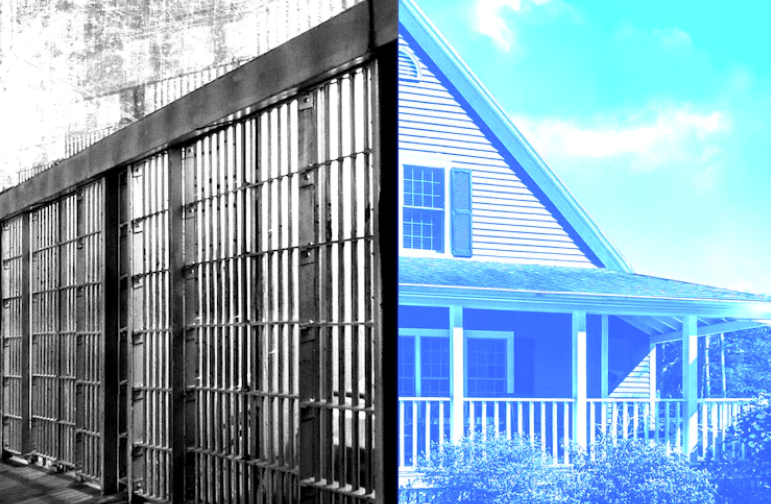Covid Policies Show Many Prisoners Are No Danger to Public - Washington Post
Low recidivism rates from COVID releases indicate vast majority of incarcerated persons pose minimal threat to public

Washington Post Opinion Piece by Molly Gill, Vice President of Families Against Mandatory Minimums
We are keeping many people in prison even though they are no danger to the public, a jaw-dropping new statistic shows. That serves as proof that it’s time to rethink our incarceration policies for those with a low risk of reoffending.
To protect those most vulnerable to covid-19 during the pandemic, the Cares Act allowed the Justice Department to order the release of people in federal prisons and place them on home confinement. More than 11,000 people were eventually released. Of those, the Bureau of Prisons (BOP) reported that only 17 of them committed new crimes.
That’s not a typo. Seventeen. That’s a 0.15 percent recidivism rate in a country where it’s normal for 30 to 65 percent of people coming home from prison to reoffend within three years of release. Of those 17 people, most new offenses were for possessing or selling drugs or other minor offenses.
Of the 17 new crimes, only one was violent (an aggravated assault), and none were sex offenses.
This extremely low recidivism rate shows there are many, many people in prison we can safely release to the community. These 11,000 releases were not random. People in low- and minimum-security prisons or at high risk of complications from COVID were prioritized for consideration for release.
The Cares Act policy teaches us that many of our prison sentences are unnecessarily lengthy. People who commit crimes should be held accountable, and that might include serious time in prison. Many of the people released to home confinement had years or even decades left to serve on their sentences. But they changed in prison and are no longer a danger to others, as the new data confirms.
You can read the full opinion piece "Thousands were released from prison during COVID. The results are shocking" at the Washington Post.










